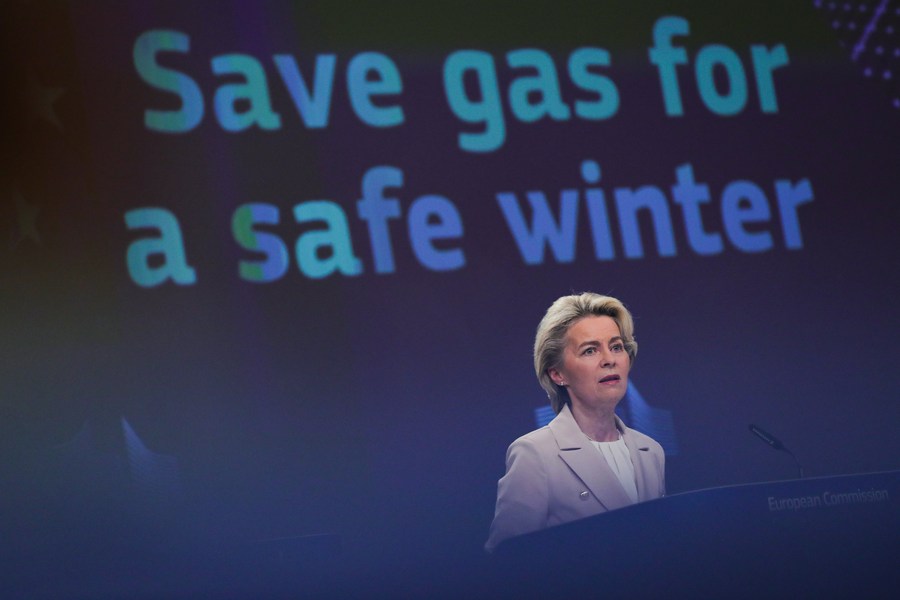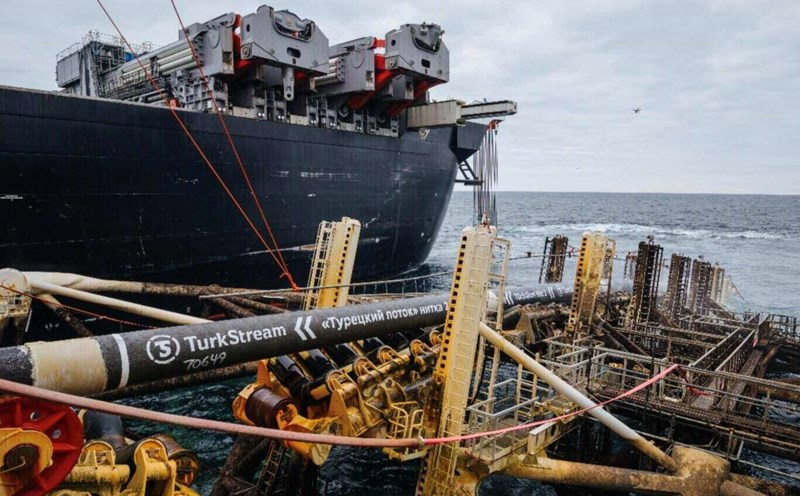The European Commission is preparing to take legal action to completely end Russian gas imports by the end of 2027, and ban new signings of Russian gas contracts from the end of this year. The proposals are expected to be announced on June 17.
An internal analysis by the European Commission of upcoming proposals said that to implement the ban, the Commission will require information including contract duration, annual commitment volume, destination terms and date of signing gas contracts with Russia.
The implementation of the measures, as designed in the proposal, requires full and systematic information about current Russian gas contracts, including detailed binding agreements in the contracts, the document stated. However, the proposal could still be changed before being officially announced.
Gas importers will also have to declare the origin of their gas, to ensure that there is no gas originating from Russia, the document says. The announcement of this information aims to ensure that the EU and customs authorities as well as the energy of member states can effectively monitor and implement the ban.

Upcoming proposals will also ban EU LNG ports from providing services to Russian customers from 1 January 2026, with a term extended to 17 June 2026 for existing service contracts under short-term LNG supply agreements. The deadline for terminating the provision of services under long-term contracts with Russia will be December 31, 2027.
Simone Tagliapietra, a senior fellow at the Brussels-based consultancy Bruegel, said the EU could have difficulty accessing information related to Russian gas contracts and companies that have previously objected to the government's request to provide the data.
According to the document, the European Commission will propose banning imports of gas and LNG from Russia through an EU trade measure, but there is no detailed information on the mechanism to be applied.
The EU has made efforts to create a strong enough legal solution for gas buyers in Europe to invocate force majeure to terminate long-term contracts with Russian suppliers. The EU avoids implementing sanctions on Russian gas by Hungary and Slovakia, which continue to import Russian gas via pipeline, which could protest, leading to not receiving the support needed for the regulation to be passed.
Therefore, the latest proposal will be based on the EU's trade and energy policies and could be approved with the support of a majority of eligible members from member states and the support of a majority of the European Parliament.
Traders and energy companies have been closely monitoring the EU's move away from Russian gas and to alternative suppliers such as the US and Middle Eastern countries. Russian gas flows into Europe have fallen sharply since the conflict in Ukraine broke out, but Russia remains a major fuel supplier via pipelines in Turkey and LNG plots.











